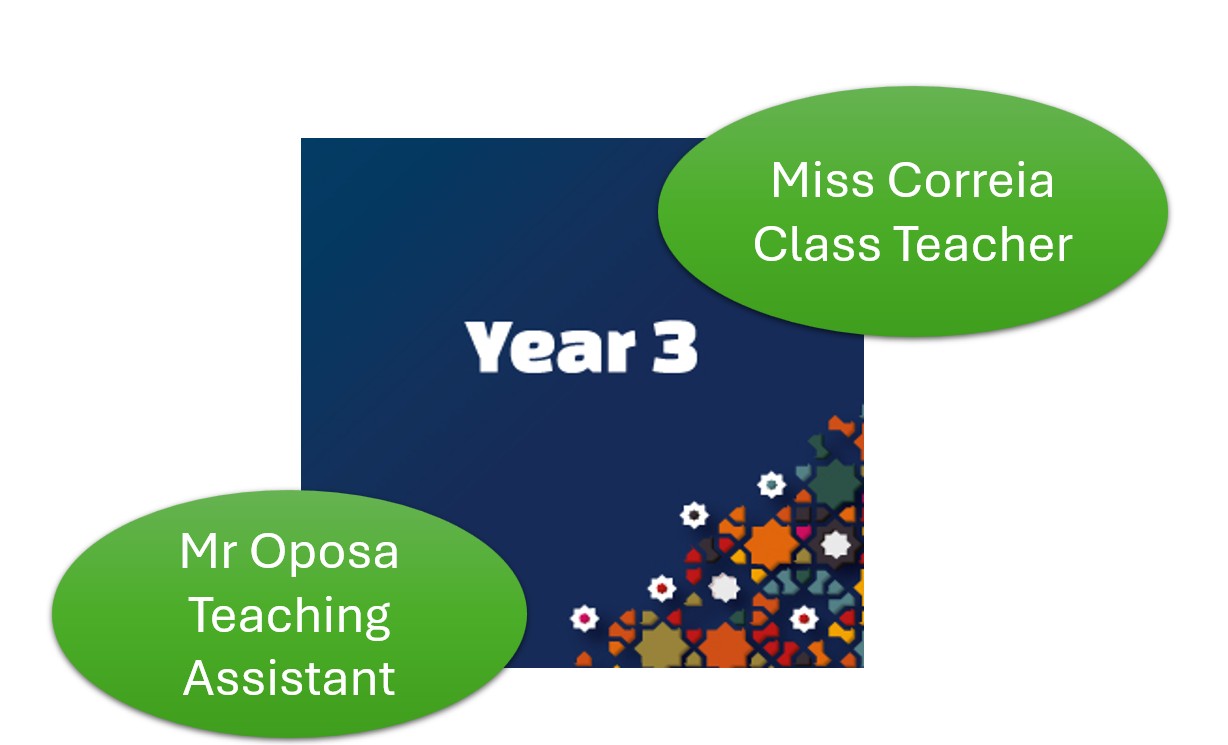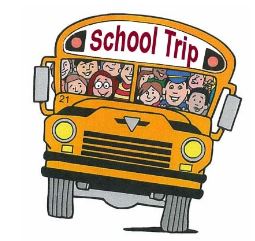 Welcome to the world of exploration and independent discovery in Year Three. Our adaptive learning approach allows children to delve into more complex topics while cooperative activities enhance teamwork and communication skills. Here, the British National Curriculum unfolds in ways that cater to diverse learning styles, laying a robust foundation for future academic achievements.
Welcome to the world of exploration and independent discovery in Year Three. Our adaptive learning approach allows children to delve into more complex topics while cooperative activities enhance teamwork and communication skills. Here, the British National Curriculum unfolds in ways that cater to diverse learning styles, laying a robust foundation for future academic achievements.
 |
Maths
Literacy
Homework will be given out on a Friday and needs to be handed in by following Wednesday of the same week. Please help your child to keep their homework CPG books safe as they will be needed throughout the year. |
 |
ReadingChildren will be issued with two reading books; one for their reading level and one book for pleasure.
Reading books need to be handed in every Wednesday so their reading at home can be monitored. If needed, children's books will be changed on this day.
It is the expectation that your child reads every day, for at least 20 minutes. Strong reading skills are essential for academic success across all subjects.
Children who read regularly tend to perform better is school, as reading helps them absorb information, understand complex concepts and express their ideas effectively.
Remember to read at least three pages every day! Reading takes you to places you've never been!!
|
 |
PEY3 PE takes place on Thursdays 1.15pm to 2.15pm
PE kits should be brought into school in a P.E. bag with all items clearly labelled with your child’s name.
Pupils are expected to wear PE kit as follows
|
 |
Trips
|
 |
Times Tables |
 |
Swimming (Summer 25 Term Only)Pupils are expected to bring
|
Here are 11 tips to help your child with reading:
There are also many websites with free e-books including
Oxford Owl
Spelling:
Play a spelling game with your child aiming to practice at least 3 spelling words every day.
This is a copy of the Year 3 and 4 statutory spelling list. Children are expected to know and be able to spell this statutory list by the end of Year 4.

It is also a great opportunity for children to learn the proper positioning of the hands on the keyboard – a good skill to learn young. The following website, Dance Mat, helps children learn where all the letters are on the keyboard.
Scratch-Computing: Scratch is a free programming tool targeted for primary children to start learning programming and to develop computational thinking, creativity and problem-solving skills!
I hope this helps.
Ms Beatriz Correia




